Northern Italians often speak of Sicily as a Saracenic darkness — the place where Europe ends. The Arabic influence remains strongest in the Mafia-infiltrated west of the island, where the sirocco blows in hot from the deserts of North Africa. When the Arabs invaded Sicily in 831 they introduced mosques and pink-domed cupolas, as well as the sherbets and jasmine-perfumed ices for which Sicily is renowned. The word ‘Mafia’ is said to derive from the Arabic mahyas, meaning ‘aggressive boasting’: for almost three centuries, until the Norman Conquest began in 1061, Sicily was an Arabo-Islamic emirate. The other day in the Sicilian resort of Taormina I watched the Normans oust the Saracens in a puppet show designed for tourists: amid a clatter of marionette armour the paladins triumphed effortlessly.
I had come to Taormina to talk about the Italian writer-chemist Primo Levi, who was born in Turin 100 years ago this July. Now in its ninth year, the Taobuk literary festival arranges floodlit author interviews and concerts in Taormina’s Greek amphitheatre. Incongruously, the UK prog rock band Jethro Tull were due to perform there after I had spoken on Levi. Later, my wife and I were taken on a tour of the hilltop villa in Taormina where, in 1921, D.H. Lawrence had translated the great Sicilian author Giovanni Verga and, during the second world war, Hitler’s General Kesselring was billeted. The villa, known as the Casa Cuseni, overlooks Mount Etna and the Catania coastline. We were joined by the novelist Ian McEwan and his wife Annalena McAfee. Awkwardly, McEwan appeared to be wearing the same turquoise-coloured shirt as me. ‘I’m looking for differences,’ he said on learning we shared a June birthday as well as the same first name. He and McAfee commended Matthew Arnold’s 1852 verse drama ‘Empedocles on Etna’ for its descriptions of the volcano smouldering in the distance. Inevitably the talk came round to Jethro Tull. ‘I met the band’s leader Ian Anderson once,’ McEwan told us. ‘He used to play the flute standing on one leg and maybe he still does.’
On the map, Mount Etna spreads out from Catania in a huge expanse of brown like a skin disease. In his poem, Arnold relates how the philosopher Empedocles perished in 435 bc by hurling himself into the volcano’s crater. (All that remained were his sandals.) Etna was bleakly impressive that June day. For miles around stretched an infinity of gnarled and twisted larval blackness, though citrus groves and Arnold’s ‘sun-loving gentian’ flourish to about 2,000 metres. Amid the tourist kiosks selling Godfather-themed volcanic ashtrays came news that the Sicilian writer Andrea Camilleri, creator of the food-loving Detective Inspector Salvo Montalbano, was critically ill. Born 93 years ago in Porto Empedocle in the Mafia-riven province of Agrigento, Camilleri is easily the most successful author in Italy and a biological miracle, frankly, to have survived so long on his 80 cigarettes a day.
Catania is the most populous Sicilian city after the capital of Palermo. It was destroyed in Etna’s eruption of 1669. The Baroque buildings in Piazza del Duomo are constructed from grey-black basalt cut from volcanic lava; with its curious elephant fountain designed in 1736 by the Palermitan architect Giovanni Battista Vaccarini, it remains one of Italy’s most beautiful squares. In Catania’s weekend flea market I was pleased to discover one of those hand-painted ceramic Sicilian vases known as a testa di Moro (Moor’s head), which you find on flowered balconies and terraces all over the island. In the 9th century during the Arabic occupation, the story goes, a Moor was decapitated in his sleep by his jealous lover, who used his head as a basil pot. The testa di Moro is now in my north London garden; more stylish than a garden gnome, the severed (but still handsomely turbaned) head looks back to a time when the Sicilian seaport of Marsala had been named after the Arab Mars el-Allah, ‘Harbour of God’, and Mediterranean Arabic poets resident in Palermo wrote of date palms and crescent moons. Today Marsala is best known for its — notably un-Muslim — production of fortified wine. Ever since Lord Nelson furnished the Royal Navy with 40,000 gallons of Marsala in 1798, it has been a lucrative Sicilian export.
It was a relief to escape the sirocco to the seaweed-scented port of Syracuse nearby, birthplace of the ancient Greek mathematician Archimedes of ‘Eureka!’ fame. Thirty years ago, I ate like a pasha at the Trattoria Archimede, which had the best swordfish in town. It is now a tourist mediocrity; some things are best left to the past.
Got something to add? Join the discussion and comment below.
Get 10 issues for just $10
Subscribe to The Spectator Australia today for the next 10 magazine issues, plus full online access, for just $10.
You might disagree with half of it, but you’ll enjoy reading all of it. Try your first month for free, then just $2 a week for the remainder of your first year.

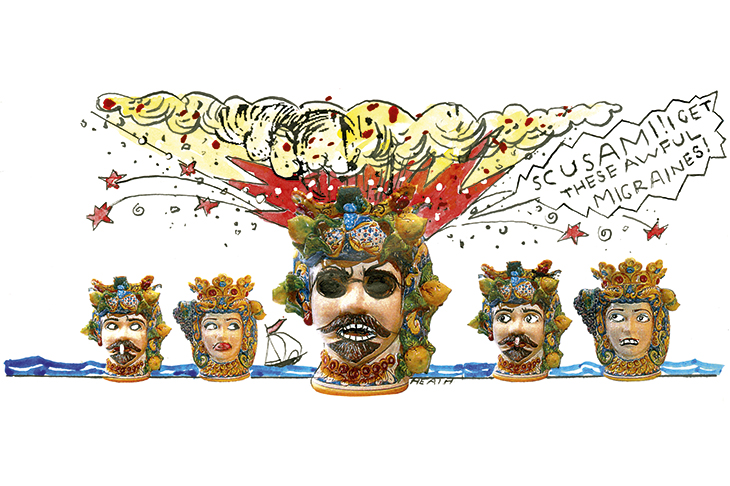

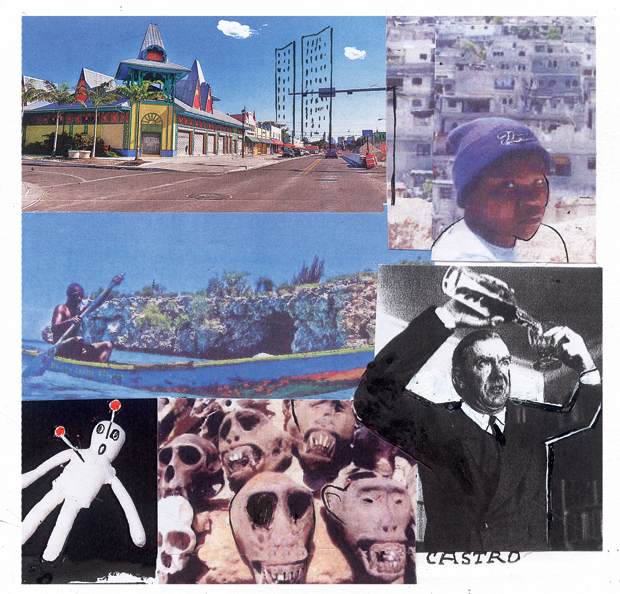

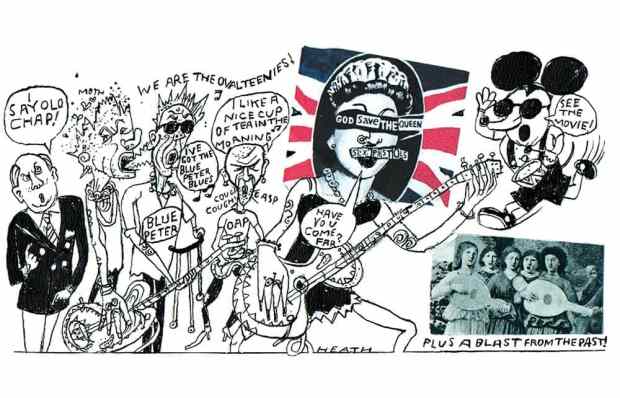
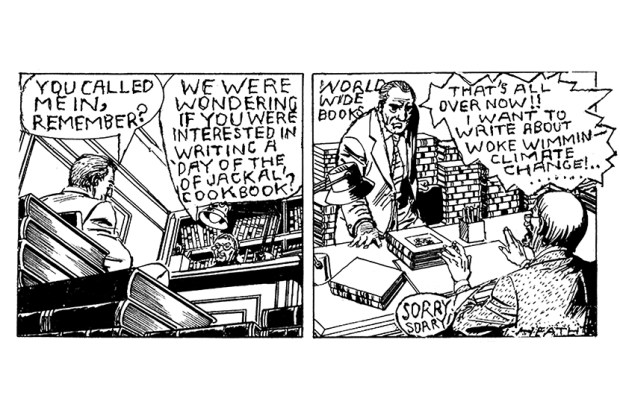
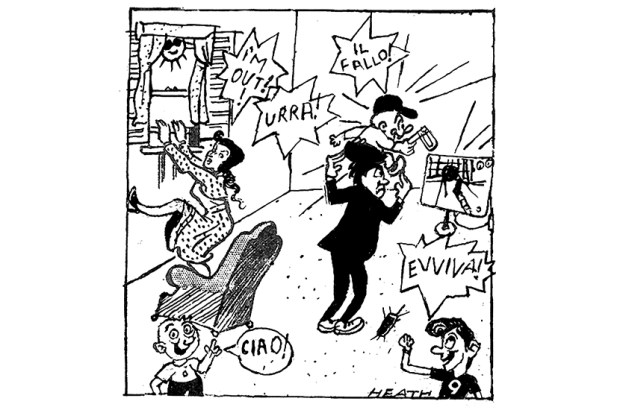






Comments
Don't miss out
Join the conversation with other Spectator Australia readers. Subscribe to leave a comment.
SUBSCRIBEAlready a subscriber? Log in